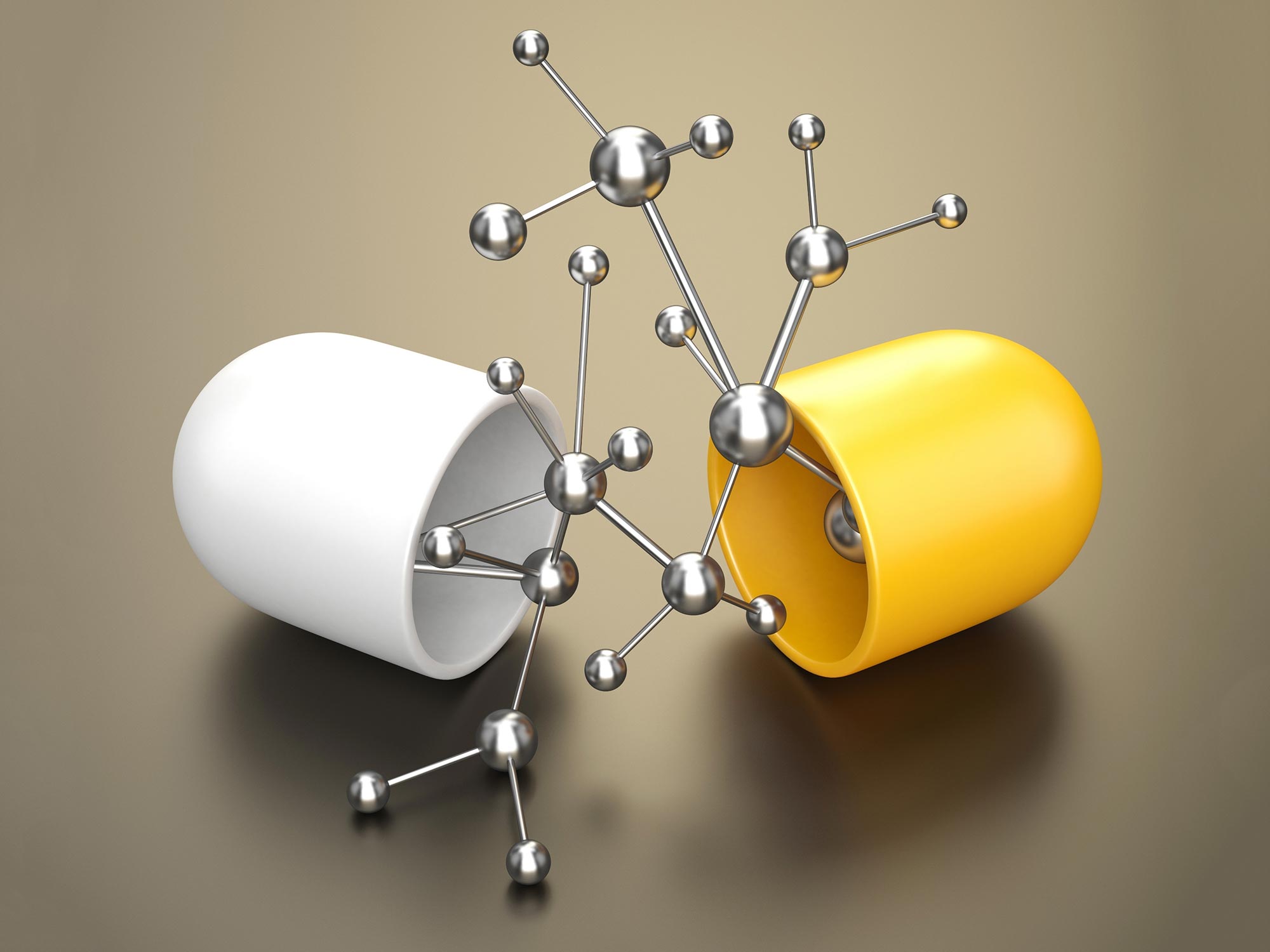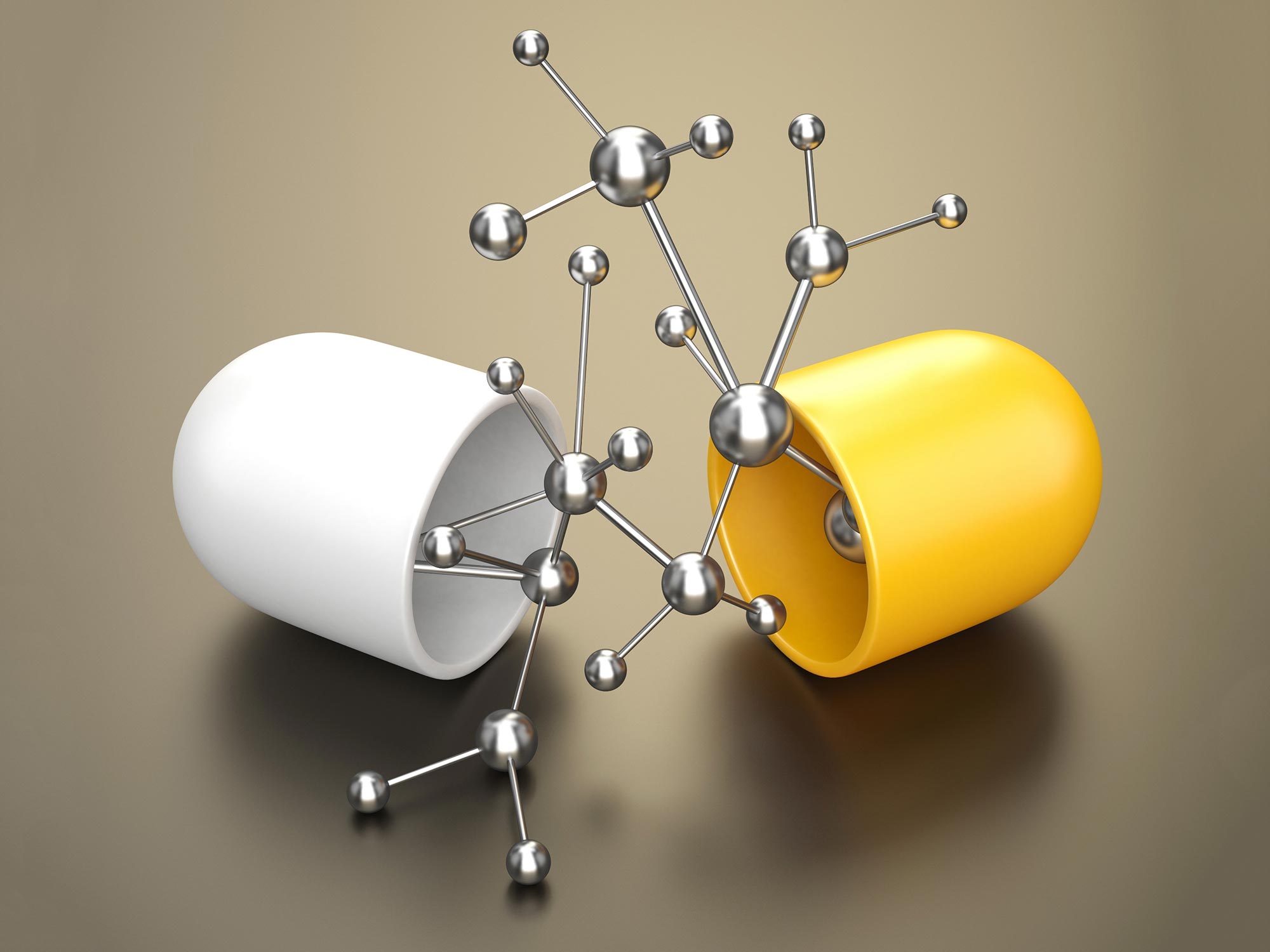
The new drug may provide a new type of protection against COVID-19, one that will be effective even when new strains emerge.
University of Southern California and the Cleveland Clinic Florida Research and Innovation Center researchers have published new research on GRP78, a protein implicated in both University of Southern California’s Keck School of Medicine, finds that GRP78, a chaperone protein involved in the spread of other viruses, plays a critical role in the spread of Founded in 1880, the University of Southern California is one of the world’s leading private research universities. It is located in the heart of Los Angeles.” data-gt-translate-attributes=”[{“attribute”:”data-cmtooltip”, “format”:”html”}]”>USC’s Keck School of Medicine and the Cleveland Clinic Florida Research and Innovation Center began investigating the role of GRP78, a key cellular chaperone protein that helps regulate the folding of other cellular proteins. While healthy cells need a fraction of GRP78 to function normally, cells under stress need more GRP78 to cope. The Keck School of Medicine researchers demonstrated in a 2021 study that when SARS-CoV-2 enters the scene, GRP78 is hijacked to operate in tandem with other cellular receptors to bring the SARS-CoV-2 virus into cells, where it can then multiply and spread.
But questions remained about whether GRP78 is “necessary and essential” for SARS-CoV-2 replication inside human lung cells. Examining human lung epithelial cells infected with SARS-CoV-2, the research team observed that as the viral infection intensifies, the infected cells produce higher levels of GRP78.
The power of inhibiting GRP78
Then Lee and her team used a special messenger DOI: 10.1038/s41467-022-34065-3
“Targeting GRP78 suppresses oncogenic KRAS protein expression and reduces viability of cancer cells bearing various KRAS mutations” by Dat P. Ha, Bo Huang, Han Wang, Daisy Flores Rangel, Richard Van Krieken, Ze Liu, Soma Samanta, Nouri Neamati and Amy S. Lee, 24 September 2022, Neoplasia.
DOI: 10.1016/j.neo.2022.100837
The research was funded by the National Institutes of Health, the W. M. Keck Foundation, and the Korea Research Institute of Bioscience and Biotechnology.
This research is facilitated by USC’s Biosafety-Level 3 containment laboratory, allowing the team to safely study the SARS-CoV-2 infection in genetically engineered mice.










